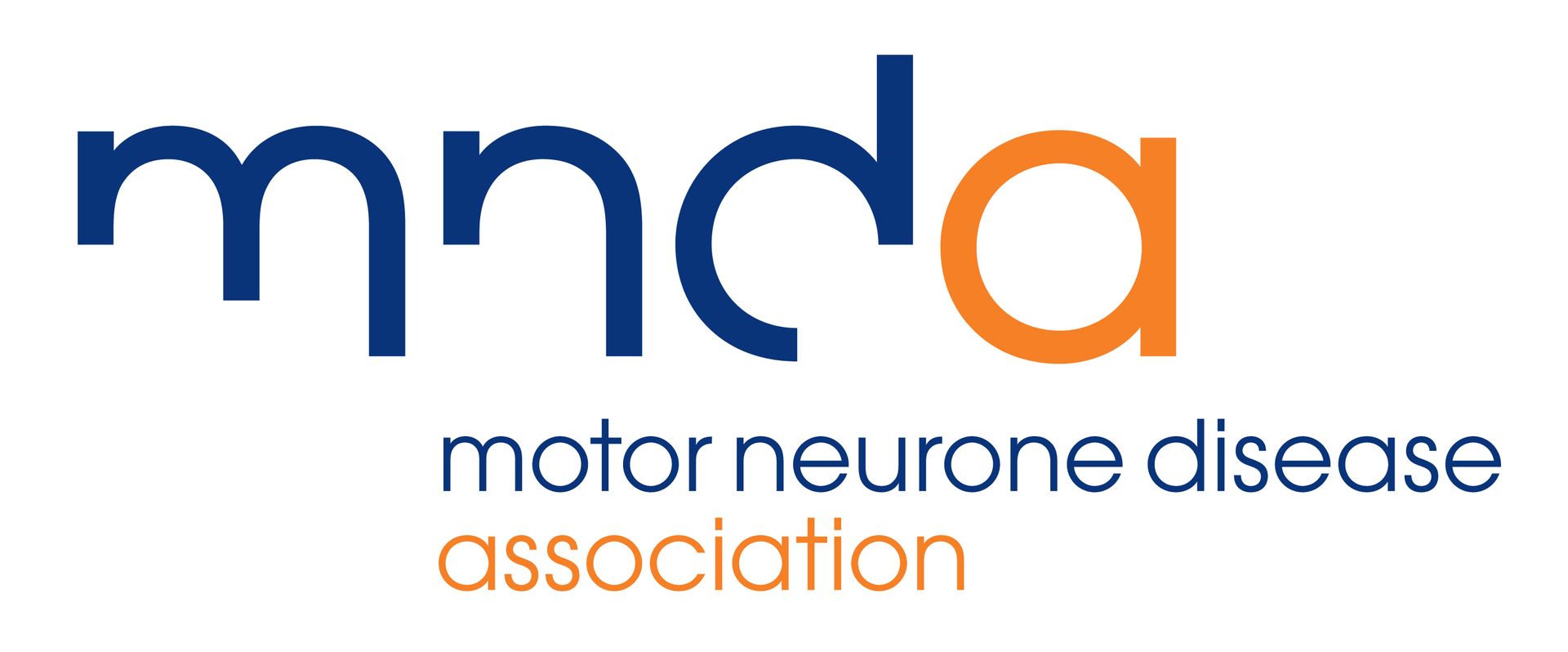Leveraging Analytics for Optimal Value and Demonstrable Impact
The vast amount of data available in today's digital landscape is truly remarkable. Within the realm of hybrid events, capturing and analysing data is crucial for unlocking insights that drive continuous improvement and enable a deeper understanding of attendee and account behaviours. In this chapter, we explore the significance of collecting specific event data and highlight the value it brings.
The Importance of Selecting and Collecting Relevant Event Data
Effective data capture is essential for maximizing the potential of your offerings and delivering value to your organization and event sponsors. Failing to collect the right data may result in missed opportunities. In the subsequent sections, we delve into three primary categories of data to consider: event data, profile data, and engagement data.
By understanding which data points to capture and analysing them appropriately, you can extract valuable insights that inform your decision-making processes. This allows you to monetize offerings, enhance organizational value, and provide a richer experience for both attendees and sponsors.
Event Data
Event data encompasses various aspects of the event itself, such as event type, cost data, location choices, session totals, and registration count. This data enables performance comparisons between different events. Over time, it allows for a more comprehensive assessment of meeting expenses and a clearer understanding of the most successful event types, locations, dates, and more.
It is crucial to train yourself to consistently examine the available event data, from the initial stages of event promotion to the conclusion of the final session and beyond. Collecting analytics that you may not immediately use is a wise practice, as it ensures that no essential piece of data is overlooked and potentially lost forever.
Profile Data
Profile data provides insights into your event attendees. While it is essential to collect as much relevant data as possible, it is equally important to prioritize data security and comply with privacy regulations governing the event. Gathering attendee information allows you to create a better event experience and optimize future endeavors. Examples of profile data include demographic information (name, address, email) and firmographic data (company details), which can reveal patterns and help target specific verticals or attendee types.
Engagement Data
Engagement data provides a deeper understanding of individual attendee interests, as well as the organizations and accounts they represent. This data enables you to build genuine relationships based on real interests and needs, rather than assumptions. Capturing engagement data throughout the hybrid attendee journey—from registration and session participation to agenda selection, appointment scheduling, and mobile app usage—offers valuable insights into attendee behaviour and preferences. By effectively collecting and analysing engagement data, you can tailor experiences, provide personalized content, and foster stronger connections with your attendees, enhancing the overall event experience.
Prioritizing the Hybrid Attendee Journey
To effectively collect data at each stage of your event, it's important to focus on the desired actions you want your attendees to take, whether they are participating in-person or virtually. The following sections outline the four stages of the attendee journey and highlight key actions for both in-person and virtual attendees, which contribute to gathering interest data.
Stage 1: Registering for the Hybrid Event
Creating a compelling first impression on your event website is crucial. As discussed in Chapter 3, your website should convey professionalism and provide inspiring messages and information that motivate attendees to sign up. Encourage them to:
- Respond to pre-event marketing: Your marketing efforts, including advertisements, social media campaigns, and emails, should drive potential attendees to your website. This initial interaction indicates their intent to attend either virtually or in-person.
- Choose the right experience: Your registration process should clearly present options for attending in-person or virtually, allowing individuals to select their preferred mode of participation. This presents an opportunity to personalize content and programming based on their choices, fostering a sense of welcome and engagement.
Stage 2: Preparing to Attend
To maintain excitement and minimize no-shows, it's important to guide attendees between registration and the event itself. Consider the following actions you want attendees to take during this phase:
- Review the agenda and online event guide: Encourage attendees to explore the event as a whole, familiarizing themselves with the agenda and discovering the learning opportunities available.
Stage 3 : Re-engaging after the Event
- After the event, it's important to provide attendees with opportunities to stay connected and continue their engagement. Here are a few behaviors you can encourage them to participate in:
- Engage in post-event surveys and other marketing activities: Encourage attendees to provide valuable feedback through post-event surveys. This feedback will help you understand their experience and make improvements for future events. Additionally, staying in touch with attendees through marketing activities allows you to maintain a relationship and keep them informed about upcoming events or initiatives.
- Follow up with new contacts: Encourage attendees to reach out to the connections they made during the event. Networking is a valuable aspect of events, and facilitating post-event connections can enhance attendees' overall opinion of the event and foster ongoing professional relationships.
- Review on-demand recordings: Encourage attendees to revisit on-demand recordings of sessions they may have missed or want to review. This provides continued learning opportunities and keeps attendees engaged with the event content even after it concludes.
- Receive credits and certificates: Acknowledge attendees' participation by providing them with credits or certificates that recognize their involvement in the event. This adds value to their experience and can be beneficial for professional development or continuing education purposes.
Capturing data along the hybrid attendee journey
- To effectively analyse the value provided by the event and gain insights into attendee experiences, it's crucial to capture data throughout the entire attendee journey. Consider collecting data from the following touchpoints:
- Pre-event data elements: Collect data related to audience segmentation, registration status, registration information, pre-event surveys, session enrolment, campaign engagement metrics such as opens, clicks, views, form fills, and conversions.
- During-event data elements: Capture data during the event, including event check-in, venue floor traffic, online event logins, app downloads and logins, session attendance, duration and feedback, speaker and session ratings, polling responses, submitted questions, chat interactions, social media posts, clicks and downloads, page and booth visits, leads generated, form fills, and appointment status.
- Post-event data elements: Gather post-event data such as attendee satisfaction scores, survey responses, engagement scores, continuing education units (CEU) information, and any other relevant data that provides insights into attendees' post-event experiences and actions.
- By collecting data from these various touchpoints, you can gain a comprehensive understanding of attendee behaviours, preferences, and the overall impact of the event. This data will help you make data-driven decisions, improve future events, and continue to deliver value to your attendees.
Evaluating Engagement Data
At every stage of the event, from the initial invitation to the post-event survey, there are opportunities to engage with attendees and gather valuable information about them. Now that you have identified the desired attendee behaviours and associated data elements for each phase, it's time to focus on evaluating the data collected during these event touchpoints.
To assess the level of attendee engagement, you can utilize an engagement scoring tool that allows you to assign points to various attendee behaviours. This scoring system helps determine the extent of attendee involvement and their perceived value in the event. By using this tool, you can obtain a snapshot of the event's overall engagement and tailor future offers based on attendees' levels of engagement.
When choosing an event technology provider, consider whether they offer this engagement scoring capability. It should be user-friendly and provide you with genuine insights into attendees' interests and preferences.
By evaluating engagement data and utilizing an engagement scoring tool, you can better understand attendee behaviour, identify their interests, and make data-driven decisions to enhance future events. This evaluation process allows you to continually improve your event offerings and deliver a more personalized and engaging experience for your attendees.
Using Data to Demonstrate Impact
The event landscape has undergone significant changes due to the pandemic, and many of these changes are here to stay. However, one thing that remains constant is the need to prove the return on investment (ROI) for your events. To meet this requirement, it's crucial to prepare well in advance and determine the specific data points that will satisfy management. This involves identifying the metrics that you will track throughout the attendee journey.
Emphasizing the use of data to demonstrate impact, there are several key metrics that can help you showcase the success of your event. Consider the following metrics:
- Attendee and lead counts: Measure the number of attendees, new leads captured, and deals closed as indicators of event success.
- Direct and indirect revenue: Evaluate the registration fees collected, new pipeline generated, deals closed, and any donations received.
- Brand awareness: Monitor brand mentions on social media, by influencers, and in other media outlets to gauge the reach and impact of your event.
- Event cost: Calculate the total event cost, including venue-related expenses, travel costs, programming expenses, and professional services fees.
- Direct audience engagement: Analyze metrics such as questions submitted, chat participation, and poll results to gauge attendee interaction and engagement.
- Content consumption and satisfaction: Assess the number of sessions attended, views, clicks, duration of content consumption, downloads of materials, and engagement with on-demand content.
- Feedback: Collect feedback from attendees regarding their satisfaction levels, and seek input from speakers, sponsors, and other stakeholders to gain a comprehensive perspective.
- Sponsor satisfaction: Measure metrics such as booth visits, new leads generated, and deals closed to assess sponsor satisfaction and the value they derived from participating in the event.
Integration of event data with customer relationship management (CRM) software is of paramount importance. Your event data platform should seamlessly integrate with your CRM system and other marketing automation tools. This integration ensures that you can maximize the value of the engagement data you have collected. By combining event data with your existing CRM data, you gain a comprehensive understanding of attendee behaviour, preferences, and interactions, enabling you to improve future events and enhance overall customer relationships.
Effectively utilizing data to prove the impact of your events allows you to demonstrate the value and effectiveness of your efforts to management and stakeholders. By leveraging the insights gained from data analysis, you can make informed decisions, optimize event strategies, and continuously improve the outcomes of your events.





























